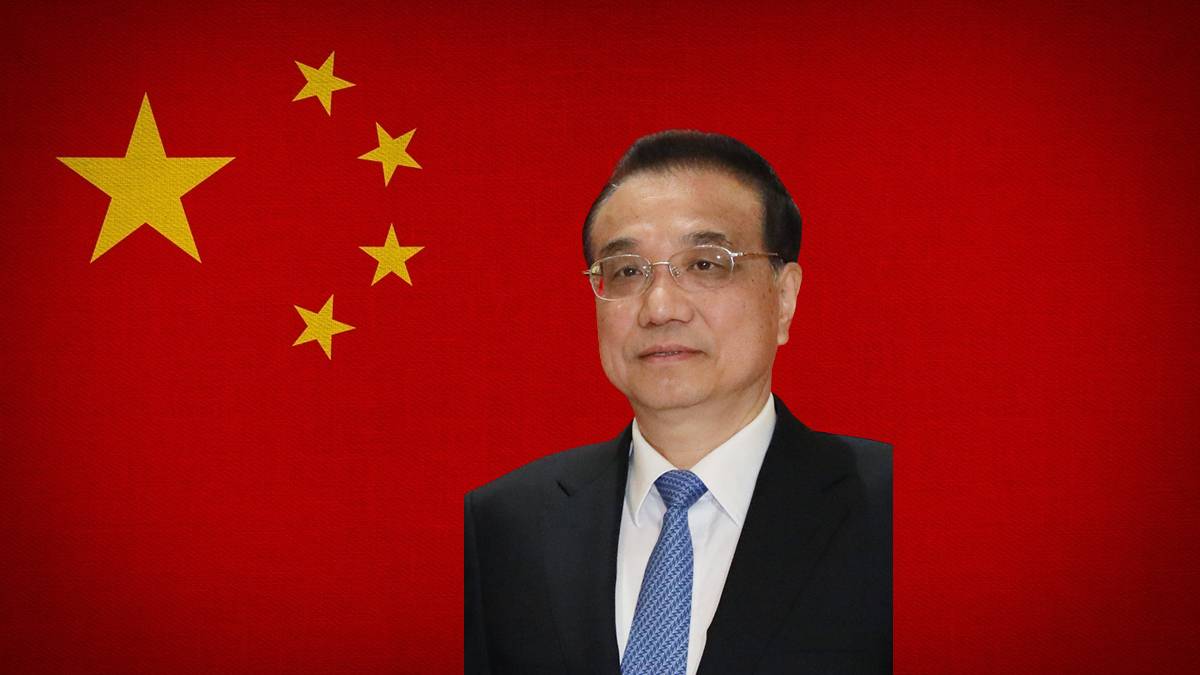Li Keqiang, the prominent Chinese economist and politician, passed away unexpectedly early Friday morning at 68 due to a heart attack. His life was marked by significant contributions to Chinese politics and governance, pivotal in shaping modern China.
Born on July 1, 1955, in Hefei, Anhui province, Li Keqiang ascended through the ranks of Chinese politics, with his career marked by leading many high-profile positions throughout the country. His involvement in the Communist Youth League of China (CYLC), where he served as its first secretary from 1993 to 1998, laid the foundation for his political journey. This early experience helped him develop a strong understanding of youth-related issues, a perspective that would continue to influence his political decisions throughout his career.
From 1998 to 2004, Li served as the governor of Henan and also held the position of the province’s party secretary. His time in Henan established him as a proficient and skilled leader. Li’s administrative abilities and strategic acumen were further evident during his role as the Party Secretary of Liaoning from 2004 to 2007, where he held the province’s highest political office.
However, his role as the first-ranked vice premier from 2008 to 2013, under then-Premier Wen Jiabao, propelled Li Keqiang into the national spotlight and was once rumour to become president. In this influential position, he oversaw a broad portfolio encompassing vital areas such as economic development, price controls, finance, climate change, and macroeconomic management. Li strongly advocated for using robust economic data to inform government decision-making, emphasizing the importance of data-driven policies in promoting economic growth and stability.
One of Li Keqiang’s enduring legacies is his steadfast commitment to reducing bureaucracy, an effort to streamline government processes and foster efficiency. He believed that China should play a significant role in manufacturing and technological innovation, recognizing the country’s potential to become a global leader in these areas.
Keqiang’s influence extended beyond economics and politics, as he was a key figure in the “fifth generation of Chinese leadership,” standing alongside Xi Jinping, the General Secretary of the Chinese Communist Party.
The sudden passing of Li Keqiang is a significant loss for China and the global political arena. His commitment to economic and political reforms in the nation remains a pivotal chapter in China’s recent history. The country will mourn the death of Li Keqiang and observe a national day of mourning.









